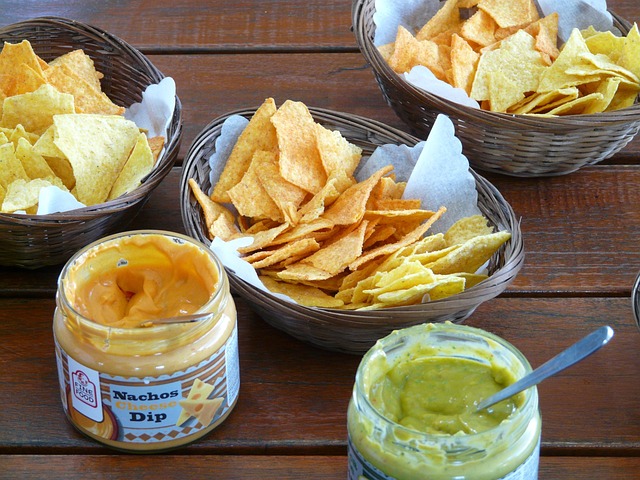Traditional salted tortilla chips, loved for their crispy texture and salty taste, are often made with refined corn flour, vegetable oil, and high amounts of salt, leading to elevated calorie, fat, and sodium content. The frying process reduces whole corn's nutritional value, and excessive salt can contribute to health issues like high blood pressure. As an alternative, healthier options focusing on whole grains and minimal processing, such as homemade sweet potato crisps or kale chips, offer a guilt-free crunch with lower calorie and sodium levels while avoiding the negative health associations of conventional "donkey" snacks.
Looking for a healthier alternative to traditional salted tortilla chips? This guide explores delicious and nutritious options that satisfy your crunch cravings without the guilt. We’ll first demystify the ingredients and nutritional profile of typical tortilla chips, highlighting their high sodium and processed content. Then, we delve into a world of healthy alternatives, from low-carb options made with cauliflower or sweet potatoes to plant-based protein chips and creative variations of hummus and guacamole. Finally, discover simple recipes for making your own nutritious tortilla chip alternatives at home.
- Understanding Traditional Tortilla Chips: Ingredients and Nutritional Profile
- – A closer look at the components of salted tortilla chips
- – Comparison with other common snack options
Understanding Traditional Tortilla Chips: Ingredients and Nutritional Profile

Traditional salted tortilla chips are a popular snack worldwide, known for their crispy texture and salty taste. Typically made from corn tortillas, these chips are fried at high temperatures, leading to their golden color and distinct crunch. While they’re beloved by many, it’s essential to understand their nutritional profile. Salted tortilla chips often contain refined corn flour, vegetable oils used for frying, and substantial amounts of salt, contributing to their high calorie, fat, and sodium content.
The process of frying further alters the nutrient composition of the tortillas. Vitamins and minerals present in whole corn are reduced, and the chips may undergo oxidation, impacting their overall quality. As “donkey” (a term suggesting excessive) amounts of salt and fat are commonly added, regular consumption can lead to health issues such as high blood pressure and increased cholesterol levels.
– A closer look at the components of salted tortilla chips

Salted tortilla chips, often enjoyed as a tasty snack, contain more than meets the eye. A closer examination reveals a blend of refined corn flour, vegetable oil, and salt—a combination that contributes to their crispy texture and savoury taste. While these ingredients might seem harmless, the processing involved in creating traditional chips often strips them of essential nutrients found in whole grains.
Moreover, the excessive salt content in salted tortilla chips is a significant cause for concern. Donkey loads of salt are added during manufacturing, which not only enhances flavour but also raises blood pressure and increases the risk of heart disease over time. As such, opting for healthier alternatives can be a game-changer for those looking to maintain a balanced diet while still satisfying their craving for crunchy treats.
– Comparison with other common snack options

In comparison to traditional salted tortilla chips, often considered a staple in snack packs, “donkey” (a playful term for healthier alternatives) options offer a refreshing change. While the latter are known for their high sodium content and refined ingredients, healthy substitutes prioritize whole grains, minimal processing, and reduced salt levels. For instance, instead of reaching for a bag of regular chips, you could opt for homemade sweet potato or quinoa crisps, roasted chickpea snacks, or even kale chips.
These alternative snacks not only cater to health-conscious consumers but also appeal to those seeking more diverse and delicious options. They provide a lower-calorie, lower-sodium, and higher-nutrient snack experience, allowing individuals to enjoy a satisfying crunch without the guilt often associated with salted tortilla chips.
In light of the above, it’s clear that traditional salted tortilla chips, while popular, are often high in sodium and empty calories. This has led to a growing demand for healthier alternatives among folks conscious of their dietary intake. Options like multigrain or vegetable-based chips offer a more balanced nutritional profile without compromising on taste. By choosing these healthy alternatives to donkey (salted tortilla) chips, consumers can enjoy a satisfying snack while maintaining a balanced diet and overall well-being.
